The Kargil War: The Kargil War, fought between India and Pakistan in 1999, is one of the most significant events in the history of both countries. It was a conflict that not only shaped the geopolitical landscape of South Asia but also had a far-reaching impact on international relations and military strategy. This article discusses the importance of the Kargil War in depth, highlighting its impact on national security, military doctrine, and the future of India-Pakistan relations.
Background to the Kargil War:
The Kargil War took place between May and July 1999, primarily in the Kargil district of the Indian state of Jammu and Kashmir. The conflict began when Pakistani military forces, along with militants, infiltrated Indian territory and occupied strategic positions along the Line of Control (LoC). Indian forces discovered the infiltration in early May, leading to an intense military operation in the high-altitude region.
The conflict escalated rapidly as India launched Operation Vijay to reclaim the area. The war ended in July 1999 when India regained control of the Kargil region. Despite initial regional successes, Pakistan was forced to retreat due to international pressure and decisive military action by India.
Strategic importance of the Kargil region:
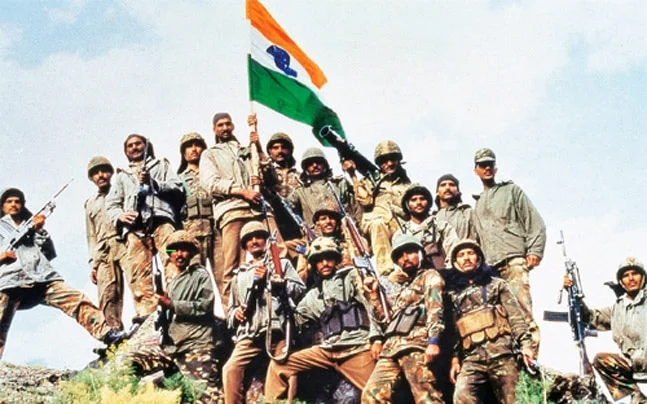
The Kargil region holds significant strategic importance due to its location along the Line of Control. Located in the northern part of Jammu and Kashmir, it is the gateway to the Indian state of Ladakh, which borders China. Control of the region provides military advantages for both countries, as it provides access to important roads, airfields, and communication routes.
During the Kargil War, Pakistan’s objective was to cut off the strategic highway connecting Leh (in Ladakh) to the rest of India, thereby isolating the region and gaining an advantage in future negotiations. The high-altitude of Kargil posed a unique challenge for both armies, as the harsh weather and mountainous terrain required specialized military tactics.
Impact on India’s military doctrine:
One of the most significant outcomes of the Kargil War was the evolution of India’s military doctrine. The conflict exposed several gaps in the country’s defense preparedness, particularly in the areas of intelligence, surveillance, and border monitoring. The war led to a rethinking of India’s defense strategy, with an emphasis on modernizing the military and strengthening its ability to deter future infiltration.
In response to the Kargil War, India increased its surveillance capabilities along the Line of Control and invested heavily in advanced technology. The conflict also reinforced the importance of intelligence sharing and cooperation with allies. Moreover, the Kargil War further emphasized the need for strong political-military coordination to avoid misunderstandings and miscalculations.
Diplomatic and international consequences:
The Kargil War had significant diplomatic and international consequences. Initially, Pakistan attempted to internationalize the conflict, presenting it as an example of Indian aggression. However, India succeeded in garnering global support by portraying the conflict as a violation of the sanctity of the Line of Control and an unwelcome incursion by Pakistan.
The war highlighted the importance of the international community in maintaining peace and stability in the region. The United States, in particular, played a key role in pressuring Pakistan to withdraw its troops from Kargil. The conflict also reinforced the nuclear dimension of the South Asian security landscape. Both India and Pakistan conducted nuclear tests in 1998, and the Kargil War served as a reminder of the dangers of full-scale war between the two nuclear powers.
Post-Kargil War India–Pakistan Relations:
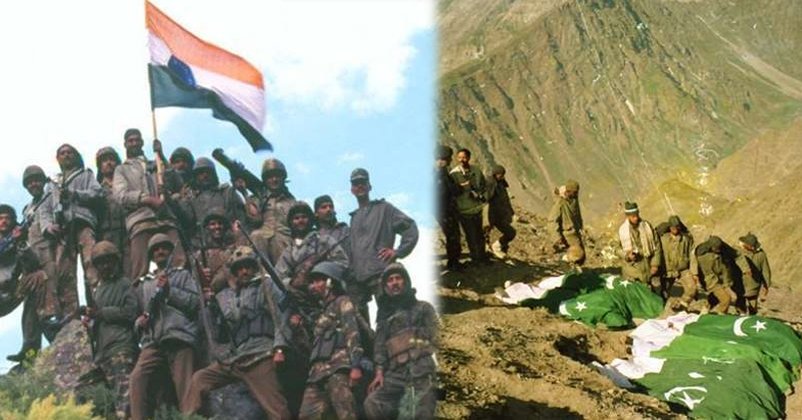
The Kargil War had a lasting impact on India–Pakistan relations. Despite its military successes, India faced the challenge of rebuilding trust with its neighbour, while Pakistan’s strategic ambitions were thwarted. The war revealed the limitations of conventional warfare in the context of nuclear deterrence, making it clear that both countries needed to proceed diplomatically to avoid a catastrophic war.
The Kargil War did not immediately lead to peace between the two countries. Tensions continued in the following years, culminating in the attack on the Indian Parliament in 2001 and the Mumbai attacks in 2008. However, the war served as a reminder of the importance of maintaining the balance of power and the need for dialogue between India and Pakistan.
The Kargil War was a defining moment in the military history of both India and Pakistan. Its strategic, diplomatic, and military significance continues to influence the security dynamics of the region to this day. While the war resulted in a clear military victory for India, it also highlighted the complexity of nuclear-armed neighbors and the importance of international diplomacy in resolving conflicts.
Read Also: American Civil War between Union and Confederate forces
![]()


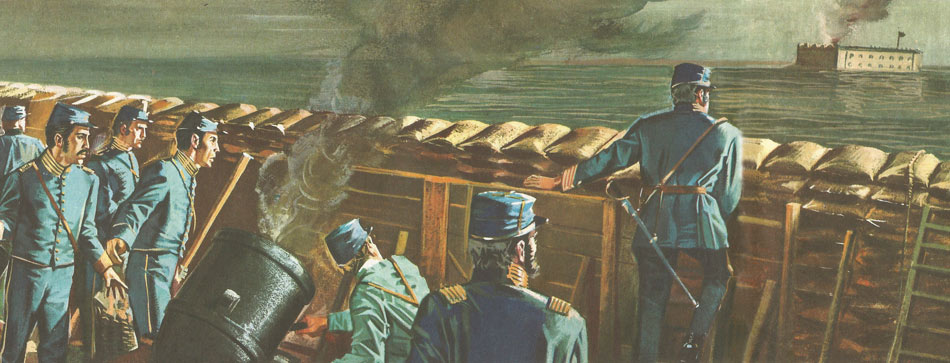
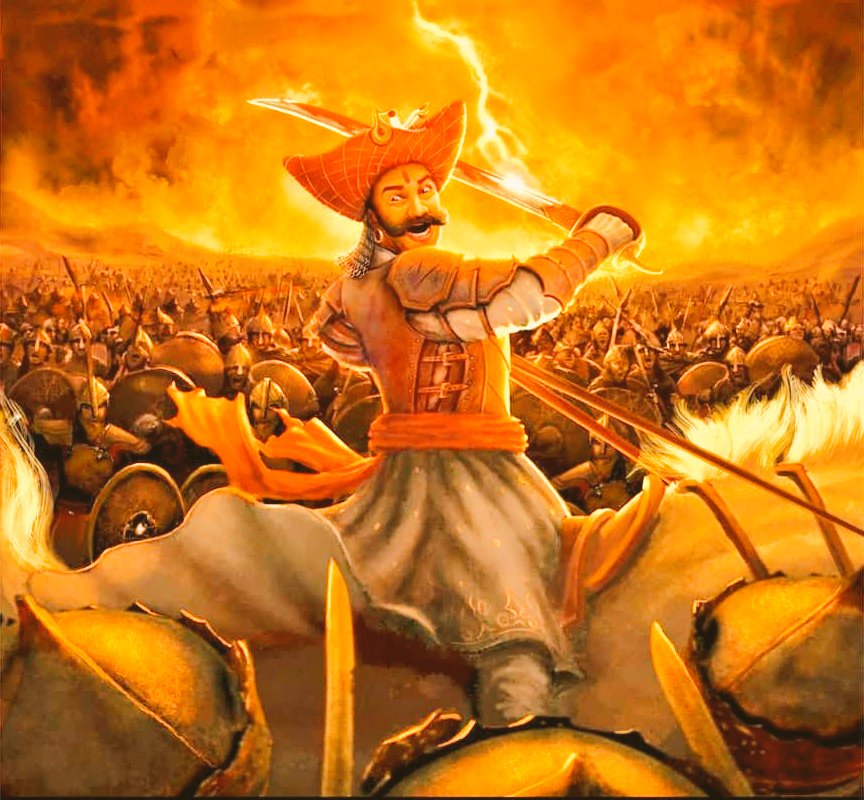

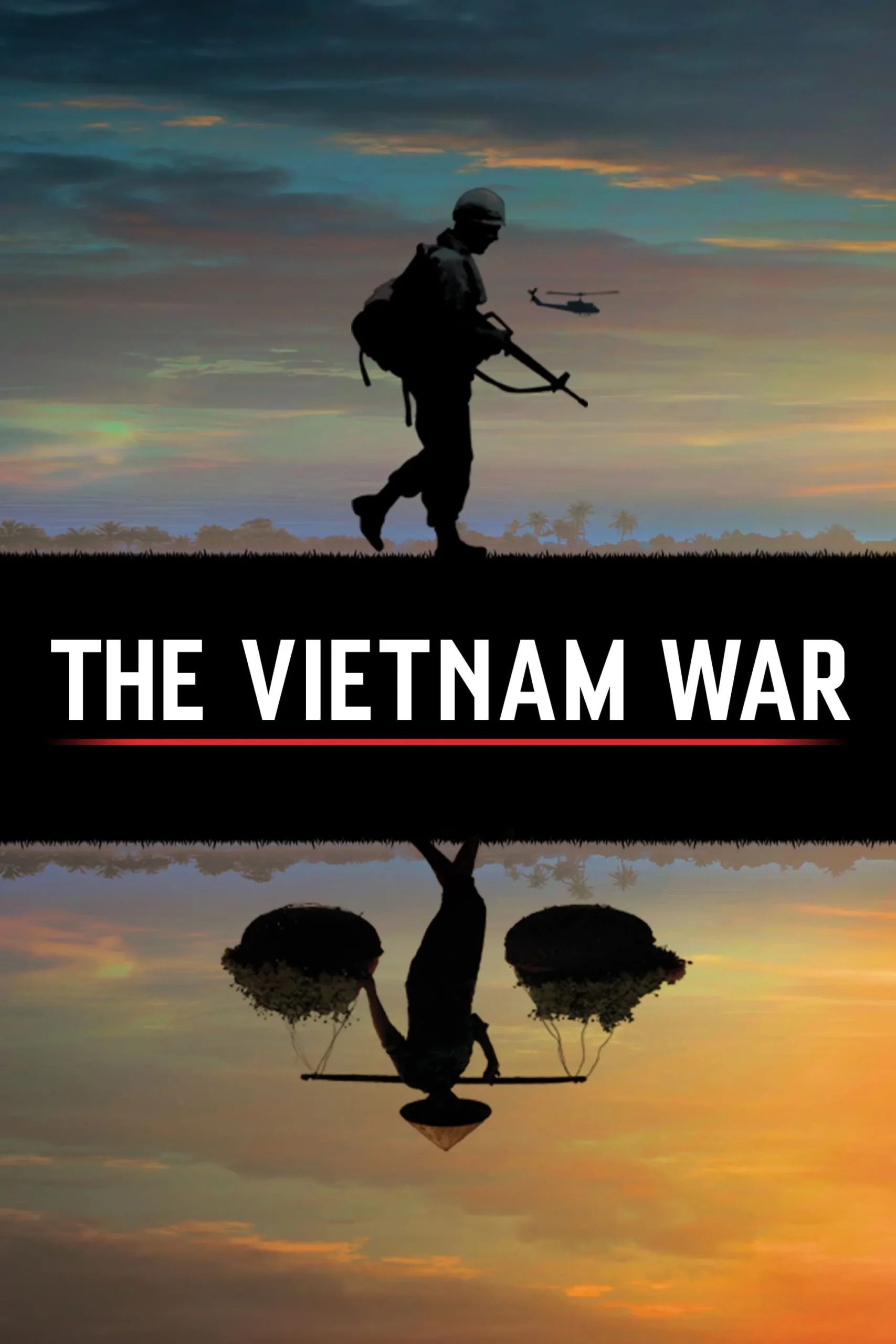
One thought on “The Kargil War”